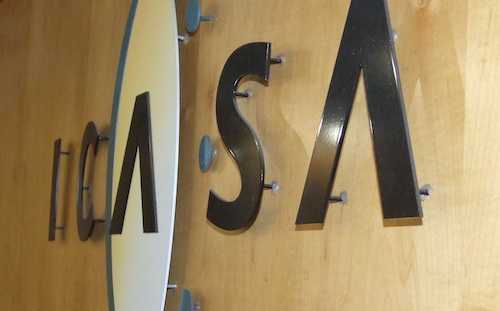
The Independent Communications Authority of SA (Icasa) has rejected a three-year-old complaint by publishing company Caxton over foreign ownership of MultiChoice and M-Net. Caxton lodged the complaint in August 2007, claiming the broadcasters were in breach of the Electronic Communications Act.
At the time MultiChoice had applied for a commercial subscription broadcasting licence in terms of the act.
Icasa sought to postpone the probe because MultiChoice had not yet been licensed, but after a series of court rulings its complaints and compliance committee heard the matter in August this year.
In Tuesday’s ruling the committee said Caxton had submitted that MultiChoice and M-Net, through their holding company Naspers, had breached section 64 of the act. The section says no foreigner may have “a financial interest or an interest either in voting shares or paid-up capital in a commercial broadcasting licensee exceeding 20%”.
Caxton also claimed a breach of section 65 in that Naspers, through Multichoice and M-Net, “directly or indirectly exercises control over more than one commercial broadcasting service licence”.
The committee decided that on the limited information placed before it, foreign shareholders in Naspers did not have a more than 20% interest in MultiChoice and M-Net voting shares.
The committee said the act defined a financial interest as one that gave the power to control the licensee, or effective say over the affairs of the licensee. A large financial interest alone was therefore not enough to constitute “control”, the committee said.
“There must clearly be something additional such as an agreement, undertaking or understanding, linked to and based on the financial interest which confers control in the wide sense,” it said. Caxton had not led evidence to this effect.
“For the above reasons the complaint by Caxton in terms of section 64 of the Electronic Communications Act is dismissed,” the Icasa committee said.
The complaint that Naspers was operating two broadcasters was dismissed on a technicality. This point related to exemptions granted to some broadcasters during the transition from the old Independent Broadcasting Authority Act to the Electronic Communications Act. — Sapa
- Subscribe to our free daily newsletter
- Follow us on Twitter or on Facebook




